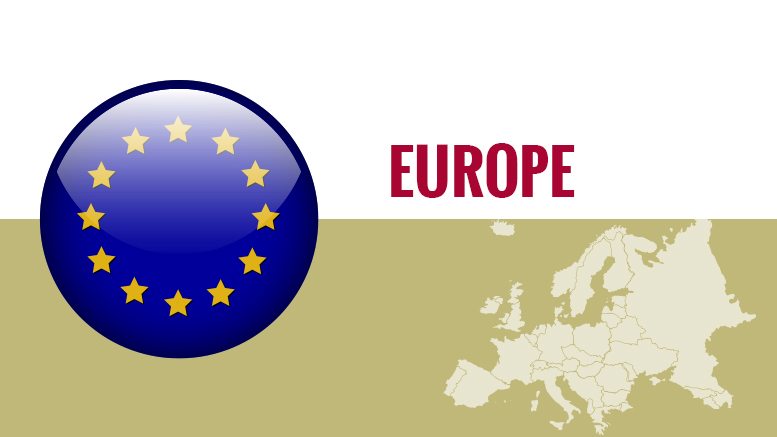Immediate Action to Protect Food Trade
July 1, 2017 | 3 min to read
A new report by the Royal Institute of International Affairs, Chatham House, warns that governments must act swiftly to address risks at critical trade chokepoints affecting global food security, including the Panama Canal and the Suez Canal. These points face increasing pressures from climate change, under-investment, and growing trade demands. The report emphasizes the need for enhanced infrastructure investment, improved risk management, and strategic cooperation to prevent disruptions that could lead to severe food supply issues and economic volatility.

A U.K. think tank has warned governments must take immediate action to mitigate the risk of severe disruption at certain trade “chokepoints” around the world, which could have “devastating knock-on effects” for global food security.
In its report titled, Chokepoints and Vulnerabilities in Global Food Trade, the Royal Institute of International Affairs Chatham House, an independent policy institute based in London, said these critical junctures on transport routes through which exceptional volumes of trade pass were coming under increasing pressure as international food trade continued to grow.
These chokepoints include the Panama Canal, the Strait of Gibraltar, U.S. Gulf Coast ports, the Suez Canal and the U.S. inland waterways and rail network. “Three principal kinds of chokepoint are critical to global food security: maritime straits along shipping lanes; coastal infrastructure in major crop-exporting regions; and inland transport infrastructure in major exporting regions,” say authors Rob Bailey and Laura Wellesley.
According to the Royal Institute of International Affairs, the top five countries (in terms of volume throughput) that shipped food products through the Panama Canal en route to Europe in 2015 were the United States, Canada, Mexico, Bolivia and Chile.
“A serious interruption at one or more of these chokepoints could conceivably lead to supply shortfalls and price spikes, with systemic consequences that could reach beyond food markets. More commonplace disruptions may not in themselves trigger crises, but can add to delays, spoilage and transport costs, constraining market responsiveness and contributing to higher prices and increased volatility,” say the authors.
According to the report, maritime chokepoints will become increasingly integral to meeting global food supply as population growth, shifting dietary preferences, bioenergy expansion and slowing improvements in crop yields drive up demand for imported grain.
In addition, rising trade volumes, increasing dependence on imports among food-deficit countries, under-investment, weak governance, climate change and emerging disruptive hazards together make chokepoint disruptions increasingly likely.
Climate change will have a “compounding effect on chokepoint risk,” the report went on to say, increasing the probability of both isolated and multiple concurrent weather-induced disturbances.
The report also mentions investment in infrastructure lagged behind demand growth; critical networks in major crop-producing regions are weak and ageing; and extra capacity is urgently needed.
The Institute recommends chokepoint analysis be integrated into “mainstream risk management and security planning.”
“For example, government agencies should assess exposure and vulnerability to chokepoint risk at the national and subnational levels,” it said.
In terms of the risk to these two chokepoints, these tend to be climate, weather and political/institutional risks rather than security and conflict risks. In regards to the Panama Canal, the main example of disruption the Institute considered was related to drought and the impact on water levels in the canal. For example, in March 2016, restrictions were imposed on the depth of ships passing through the canal due to low water levels during a particularly strong El Niño event. The recent investment in the expansion of the canal should mitigate some of these risks.
For U.S. Inland Waterways and Gulf Coast ports, the risks mainly relate to a lack of investment in infrastructure. “The U.S. inland waterways and ports we focus on are old, face congestion and are vulnerable to droughts and storms,” says the Institute.
More investment in infrastructure, such as by agreeing on guidelines for climate-compatible infrastructure through an international taskforce established under the G20, and said confidence and predictability in global trade should be enhanced, which could be done through a process under the World Trade Organization (WTO) to continually reduce the scope for export restrictions is urged.
Furthermore, it recommended emergency supply-sharing arrangements and smarter strategic storage be developed. Government has an important role in increasing infrastructure investment, diversifying production and cooperating better together. These actions should be taken sooner rather than later, as any of these policies will take time to take effect.
6 of 16 article in Produce Business July 2017

